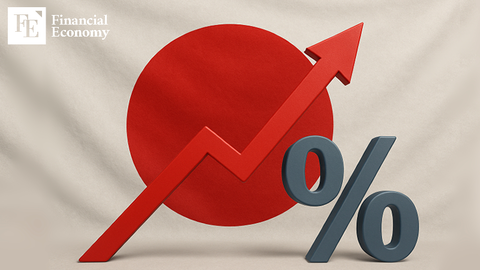The EduTimes News
U.S.
Global
Articles
The EduTimes Books
LAW Ranking
The EduTimes Opinion
LAW Ranking

EduTimes Opinion
The EduTimes Discussion
This article is based on ideas originally published by VoxEU – Centre for Economic Policy Research (CEPR) and has been independently rewritten and extended by The EduTimes editorial team
Read MoreThe web tightens across classrooms. Academic freedom slips Institutions caught in political nets. Universities once stood as pillars of independent thought. Today, they find themselves straining unde…
Read MoreDegrees are being handed out like receipts. Rigor erodes as GPAs climb. AI looms over every exam. It may come as little surprise that academic standards are slipping across universities. With student…
Read MoreThe money is on the table. The mission is under scrutiny. The message, still uncertain Harvard University is once again in the national spotlight, not for a groundbreaking discovery or a stellar acad…
Read MoreOne genius can create a breakthrough. Elite minds can shape national futures. The race for technological supremacy starts in the classroom. As the global tech race accelerates, the world is beginning…
Read MoreForeign seats fall vacant, tuition lines thin, Silenced campuses where debate once would begin. The policy is a silent approval in disguise. And universities brace for fiscal compromise. Tighter U.S…
Read More






































